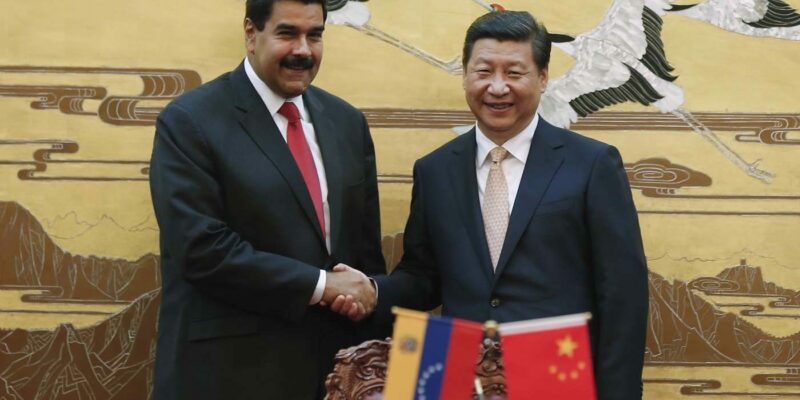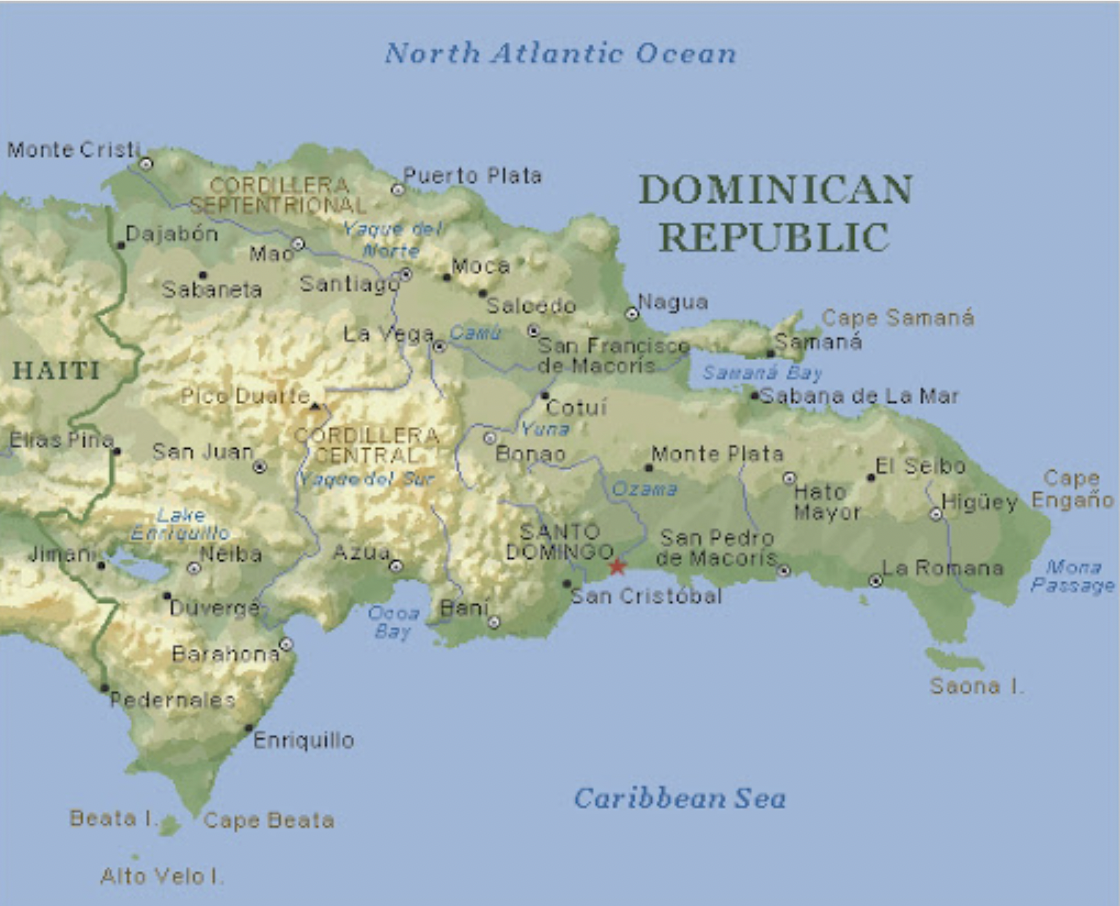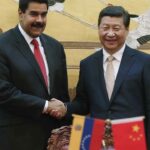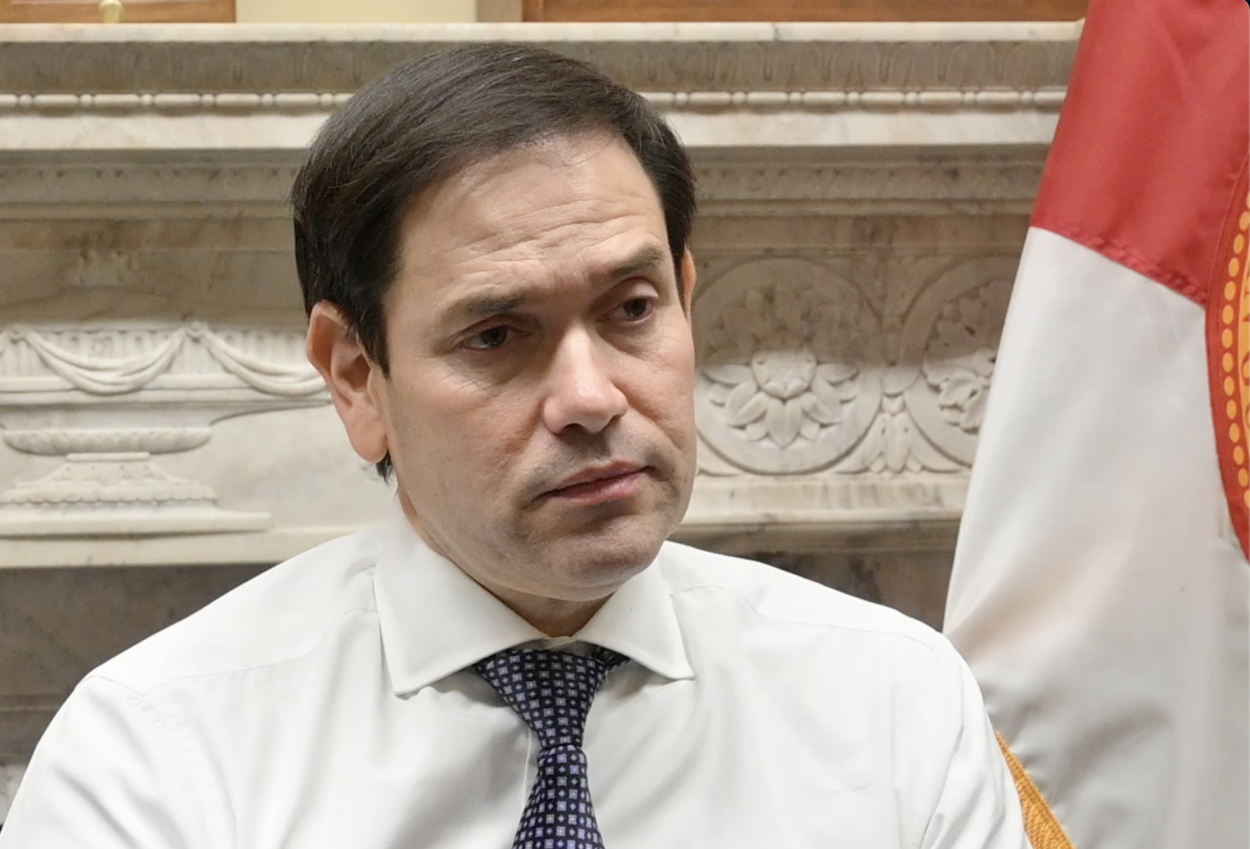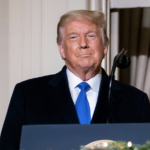The United States has grown increasingly concerned about the growing presence of China and Russia in Latin America. Now those increased concerns have fueled a new phenomenon called, "geostrategic corruption" to exert its influence on Latin America.
Geostrategic corruption builds on traditional pervasive patterns of clientelism and patronage. In South America that practice has been known to exploit the growth of drug gangs and usage over the past 40 years. This introduced “narco-corruption” in which police and local officials collude with organized gangs, which are able to “buy protection” from prosecution.
Due to foreign affairs in other regions like the Middle East taking top priority in the US, the states have failed to maintain a presence in Latin America, allowing for a vacuum that has been filled by China. In recent years China has profited off of Latin America in gathering natural resources and becoming the number one trade partner in the region.
Argentina, Bolivia, and Venezuela have been places of specific interest for the Chinese, where this geostrategic corruption has taken place in the nations' local to highest levels of government and Chinese companies have been able to capitalize on resources, such as monopolizing lithium in Bolivia.
While this is seemingly a problem that does not involve the United States, it directly impacts American interests abroad. The Biden Administration has outlined human rights as a key priority in their foreign policy outlook, which China has been notoriously accused of violating in the past. A Chinese presence in South America may also make it more difficult for American companies to compete with China in sectors such as energy.
Eduardo Gamarra, professor of politics and international relations at FIU, has brought this issue to light. The professor has previously warned of the increasing rise of Socialism in the West due to a Chinese presence in Latin America, and has been rather pessimistic about actual change in the ongoing humanitarian crisis in Venezuela.

